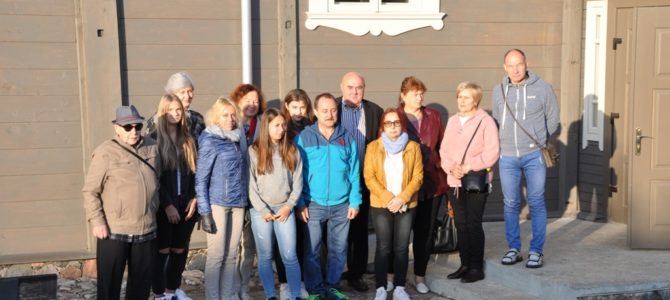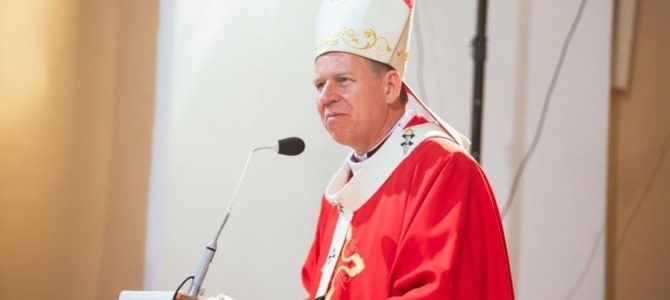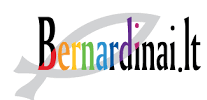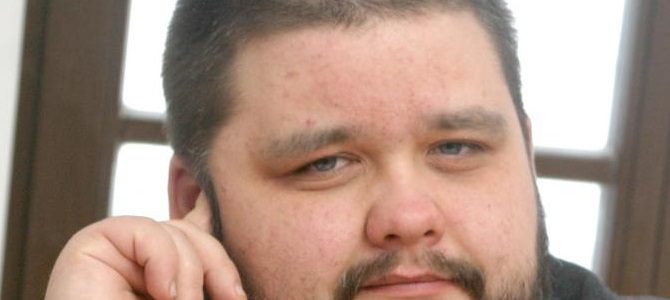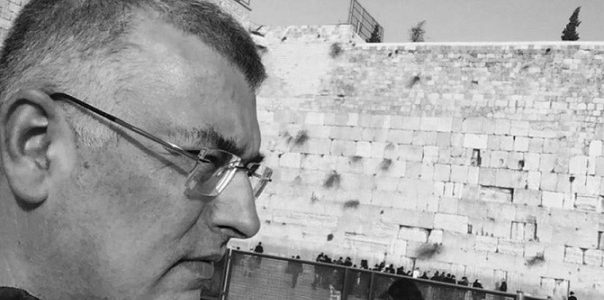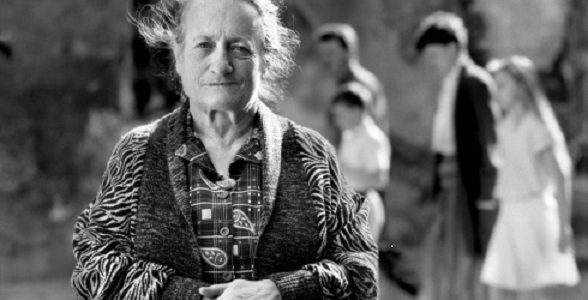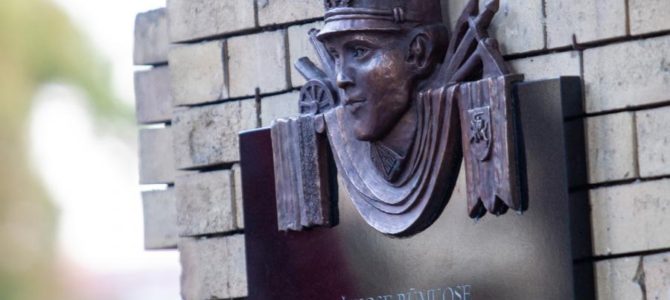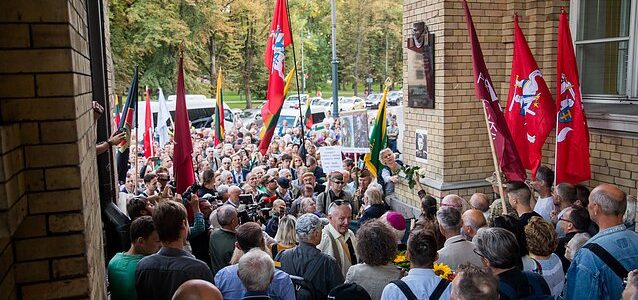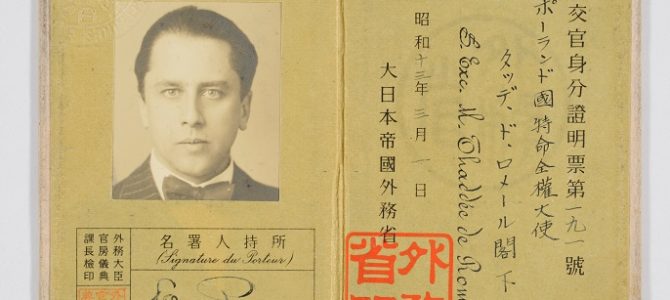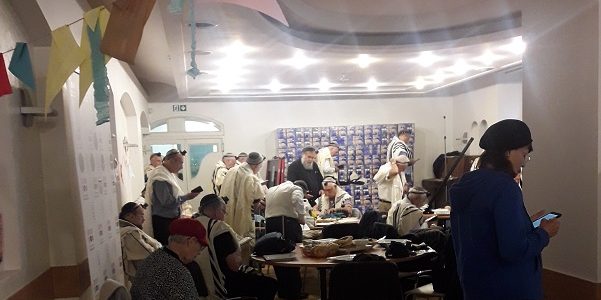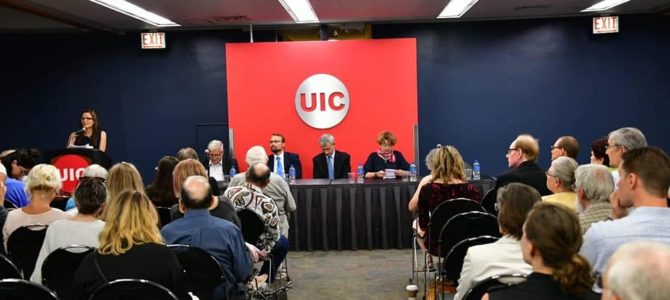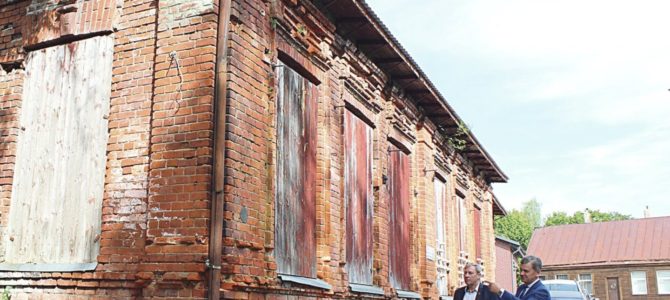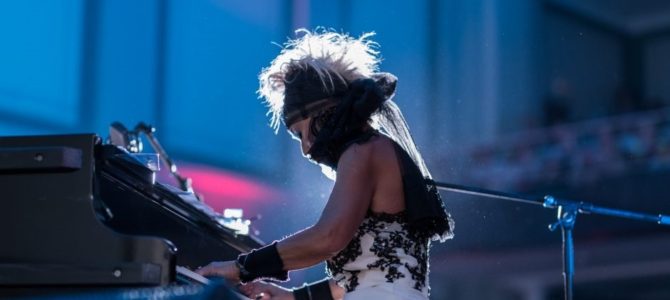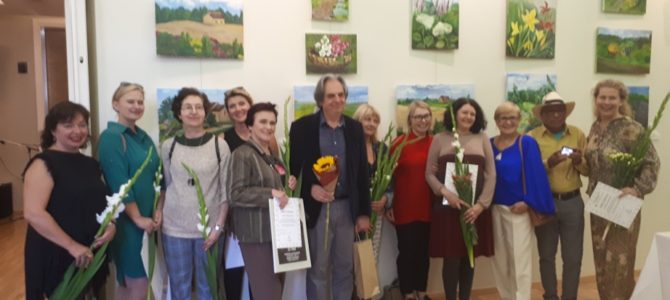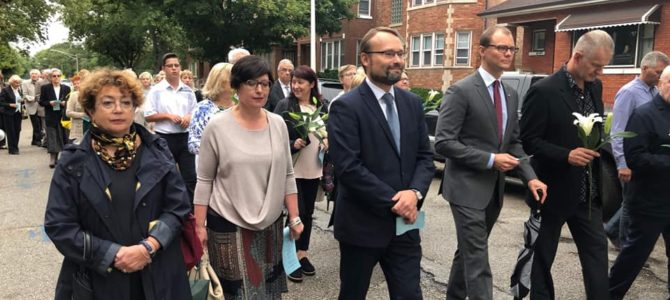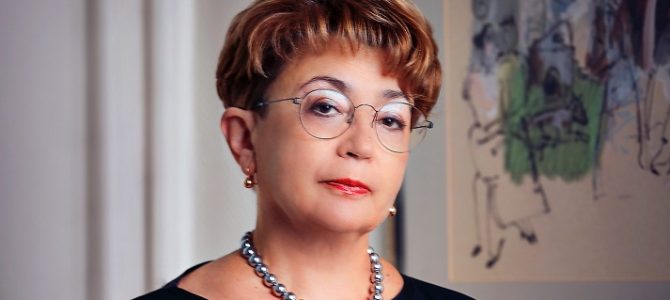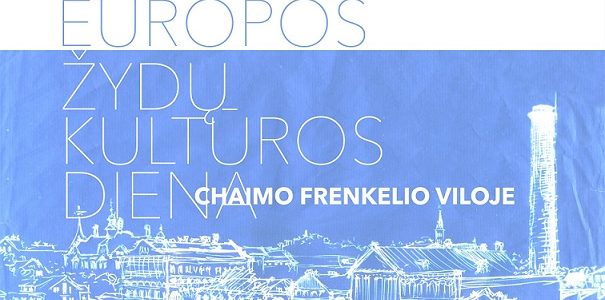Thursday evening a plaque commemorating Jonas Noreika was erected on the outer wall of the Vrublevskiai Library of the Lithuanian Academy of Sciences in central Vilnius. A number of police observed the scene.
This is a wanton act by a mob. It demonstrates the attitude of the organizers of this event, of those who hung the plaque, towards the law and obeying the law.
We saw the organizers took the path of force, pushing their belief as the only correct one. We saw that before in Lithuania in 1941.
Despite the LJC’s critical view of Noreika’s actions during the Nazi occupation, it never occured to us over those 22 years the plaque stood there to come and simply take it down. We respect the laws of Lithuania.
I have no doubt that the events of Thursday evening have done harm to the nation’s reputation. High-lvel delegations from the United States are due to arrive in September alone and we will mark the day of remembrance of the genocide of the Jews of Lithuania on September 23. And will this plaque look on from its central perch as we mark the Year of the Vilna Gaon and of Litvak History declared in 2020?
It is crucial that the leaders of the Lithuanian state express their views and a principled position, and that the appropriate Lithuanian institutions take all necessary measures.
The only consolation seems to be that today, Thursday evening, as I watched this so-called action, I saw only a small group of people who truly do not represent the whole of Lithuania. There were no young people, no intellectuals on hand, whose voices have been lacking in this.
What we are demanding is very simple: 1) stop denying the Holocaust, 2) stop portraying Holocaust perpetrators as heroes, 3) honor the victims of the Holocaust and 4) follow the IHRA definition of Holocaust denial and anti-Semitism adopted by Lithuania last year. If the IHRA definition isn’t followed it’s meaningless for Lithuania to remain a signatory to it or a member of IHRA.
I would like to remind the public again that my relatives were imprisoned in the Šiauliai ghetto, from which they never returned. I would like to quote the famous writer Sholem Aleichem, in whose honor a school is named in Vilnius. One of his works begins with the words: “How good it is that I am an orphan…” I would also like to say: “How good it is that I am an orphan and that my parents aren’t around to see the man who condemned their entire family to death in the Šiauliai ghetto celebrated and lionized.”


